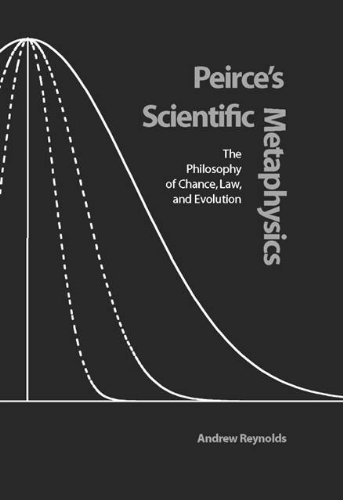

Most ebook files are in PDF format, so you can easily read them using various software such as Foxit Reader or directly on the Google Chrome browser.
Some ebook files are released by publishers in other formats such as .awz, .mobi, .epub, .fb2, etc. You may need to install specific software to read these formats on mobile/PC, such as Calibre.
Please read the tutorial at this link. https://ebooknice.com/page/post?id=faq
We offer FREE conversion to the popular formats you request; however, this may take some time. Therefore, right after payment, please email us, and we will try to provide the service as quickly as possible.
For some exceptional file formats or broken links (if any), please refrain from opening any disputes. Instead, email us first, and we will try to assist within a maximum of 6 hours.
EbookNice Team

Status:
Available5.0
21 reviewsDeftly situating Peirce’s often original and pathbreaking ideas within their appropriate historical and scientific contexts, Reynolds traces his reliance upon the law of large numbers, which illustrated for Peirce the emergence of a stable order and regularity from a multitude of chance events, throughout his writings on late nineteenth-century physics, chemistry, biology, psychology, and cosmology. Along the way, Peirce’s vision of an indeterministic and evolutionary cosmology is contrasted with the thought of other important late nineteenth-century scientists and philosophers, such as James Clerk Maxwell, Ludwig Boltzmann, William Thomson (Lord Kelvin), Herbert Spencer, Charles Darwin, and Ernst Haeckel.
While offering a detailed account of the scientific ideas and theories essential for understanding Peirce’s metaphysical system (e.g., the irreversibility of time and the reversibility of physical laws, the statistical law of large numbers), this book is written in a manner accessible to the non-specialist. This will make it especially attractive to students of Peirce’s philosophy who lack familiarity with the scientific and mathematical ideas that are so central to his thought. Those with an interest in the history and philosophy of science, especially concerning the application of statistical and probabilistic thinking to physics, chemistry, biology, psychology, and cosmology, will find this discussion of Peirce’s philosophy invaluable.